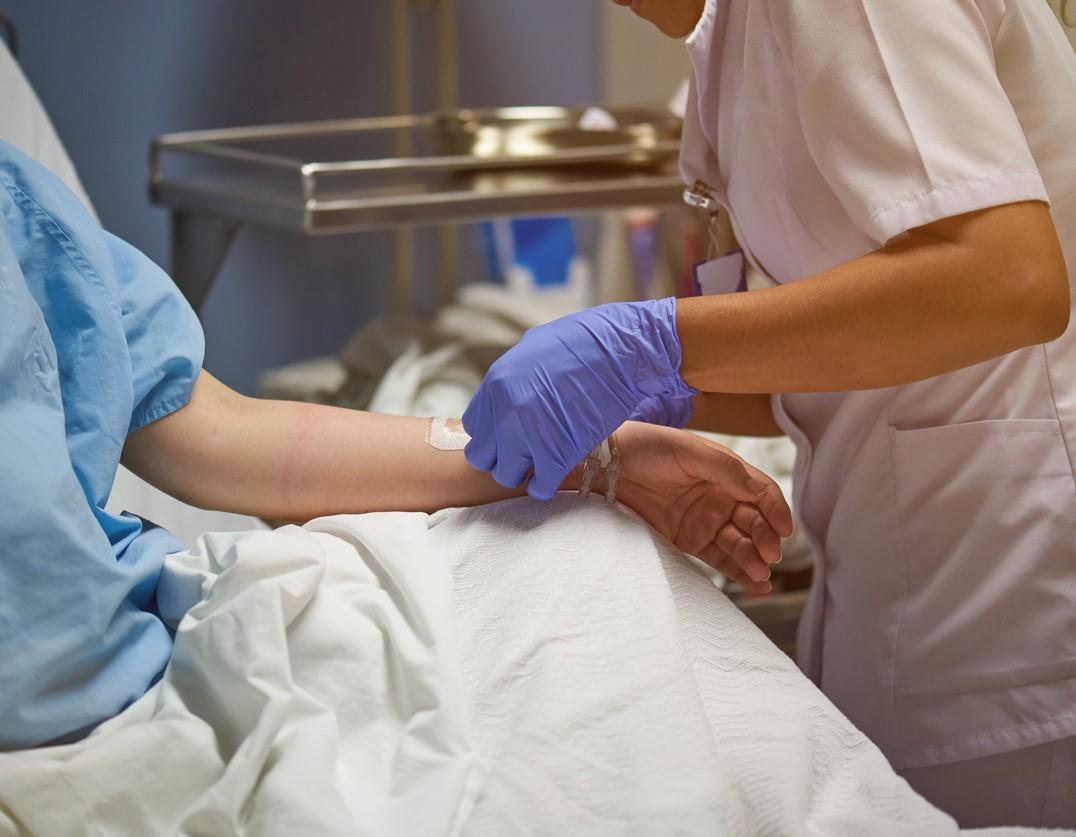Infection
Quick takes: Novavax COVID vaccine effectiveness, COVID booster uptake, avian flu in two states
Robust infection prevention and control (IPC) measures at a comprehensive cancer center during the COVID-19 pandemic were associated with significant decreases in healthcare-associated infections (HAIs), researchers reported today in the American Journal of Infection Control.
To evaluate the impact of IPC practices at the University of Texas MD Anderson Cancer Center during the pandemic, researchers analyzed the monthly incidence rate (IR) of HAIs from September 2016 through March 2022, a period that covered 42 months before and 25 months after the start of the pandemic. Over that period, the hospital cared for more than 1,800 COVID-19 patients.
Stricter IPC measures implemented during the pandemic included increased use of personal protective equipment, enhanced contact precautions, and emphasis on hand hygiene. Among the HAIs analyzed were laboratory-identified Clostridioides difficile infection (Li-CDI), infections caused by multidrug-resistant organisms (MDROs), nosocomial (hospital-acquired) respiratory viral infections (RVIs), and device-related infections.
Overall, the researchers observed a significant decrease in the IR of Li-CDI, central line-associated bloodstream infections, and all nosocomial RVIs combined during the pandemic. Declines were also observed in the IR of infections caused by individual viruses, including flu and respiratory syncytial virus. The IR of catheter-associated urinary tract infections, ventilator-associated events, and MDROs did not significantly change between the two periods.
Higher MDRO incidence in COVID wards
The decrease in HAIs at MD Anderson runs counter to the experience in many US healthcare settings, which saw HAIs rise during the pandemic.
However, the study did find that the IR of MDROs in the COVID-19 wards was five times higher than in other inpatient wards. The study authors say that finding matched data from other hospitals in the United States and around the world showing increases in MDRO HAIs during the pandemic, particularly among patients admitted with COVID-19.
The authors also note that the impact of specific IPC measures (such as universal masking, face shields, and hand hygiene) remains unclear.
“Therefore, whether these enhanced measures, such as masking at all times as part of patient care, are recommended during the upcoming respiratory viral seasons still needs to be determined in future studies,” they concluded.

